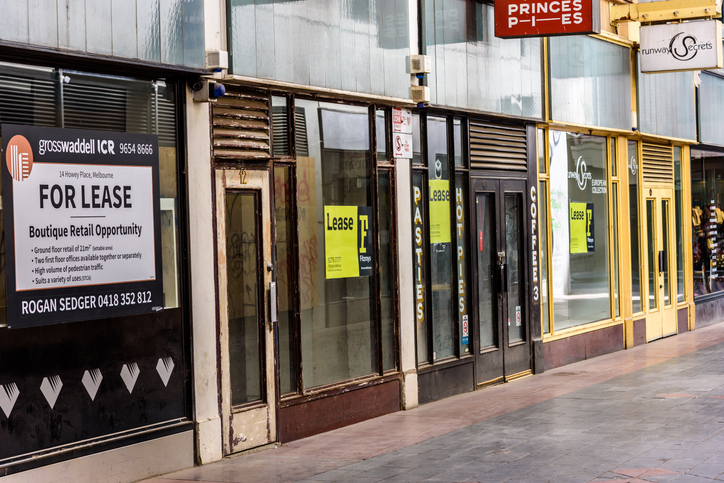
If you are selling a commercial property, your interest is sold subject to any existing lease and so the buyer will become the new landlord. We will consider the following points on a sale subject to a commercial lease:
Commercial Property Standard Enquiries (CPSEs)
CPSEs are used in all types of commercial property transactions and they provide a prospective buyer or tenant with essential information about the property, such as environmental issues, notices, disputes, boundaries, the physical condition of the property etc.
The buyer can rely on the replies the seller gives in the CPSE forms, therefore, it is very important that all the information the seller provides is accurate and reliable. There is a risk of a misrepresentation claim against the seller if any misleading information is given in the replies.
As a seller, it will be useful for you to gather the following information as soon as possible to avoid any delays to the transaction:
| Lease and any ancillary documents e.g. Rent Deposit Deeds, Licences etc | Details of any disputes with the Tenant or any neighbours |
| Asbestos Report | Energy Performance Certificate |
| Planning Permissions | Building Regulations |
| Service charge accounts for the last 3 years and a budget for the next year (if applicable) | A rent payment schedule showing any arrears from the Tenant |
| Option to tax (if applicable) | Fire Risk Assessment |
Contract Provisions
- Apportionments – unless completion takes place on a rent payment date, it is likely that the tenant has paid the rent, service charge and insurance rent (if applicable) in advance. Therefore, all payments will need to be apportioned in accordance with the seller’s and buyer’s respective periods of ownership.
- Rent arrears – if there are rent arrears, it is usual practice for the buyer to pay to the seller an amount equal to any arrears and in return the seller will assign the rights to recover the arrears to the buyer. The buyer can then pursue the arrears after completion in accordance with the terms of the lease.
- Rent deposit – if there is a Rent Deposit Deed in place, it is likely under the terms of that deed that the seller is holding the deposit in a separate account. On completion, the seller will pay the deposit to the buyer, and the buyer will need to agree to hold the deposit on the same terms contained in the deed.
- Insurance – it is usually the landlord’s responsibility to insure the property, and the landlord will collect a proportion of the insurance premium from the tenant by way of ‘insurance rent’ or through the ‘service charge’. The seller therefore usually maintains the insurance until completion and the buyer may request for their interest to be noted on the policy during this time.
- Management of the property between exchange and completion – the buyer will want the property to be properly managed and to keep some control over interactions with the tenant between exchange and completion. It is likely that the buyer will require provisions in the contract to deal with the management of the property during this period.
- Indemnity covenant – it is usual practice to include an obligation on the buyer to observe and perform the seller’s covenants in the lease (as the landlord). If a tenant makes a claim against the seller after completion for a breach of the landlord covenants in the lease, the seller should then be able to recover any sums owed from the buyer.
- Rent Review – where a rent review date has passed with the review not having been carried out, if the buyer carries out the review following completion and the rent increases, the parties will need to consider if the buyer should pay any increase for the period before the sale to the seller.
- Rent authority letters – the seller in their capacity as the former landlord will provide a rent authority letter to the buyer following completion. The letter will advise the existing tenant of the transfer of ownership and will instruct the tenant to pay all future rent and other payments to the buyer.
- VAT – if the seller has opted to tax the property and the buyer intends to also make an option to tax, the sale is likely to be considered as a transfer of a going concern (TOGC) as it will be the transfer of a property rental business for VAT purposes. Provided that the TOGC conditions are satisfied, this means that the VAT is not paid on the sale price.
Leasehold Properties
If the property being sold subject to a lease is leasehold, the terms of the headlease must be considered to ensure any restrictions on underletting and an assignment are complied with. The seller may need to obtain the superior landlord’s consent to the sale, and they will need to comply with the alienation provisions in their lease before proceeding.
If you are selling a property which is subject to a lease and require advice, please contact BHW’s Commercial Property department on 0116 289 7000 for assistance.
